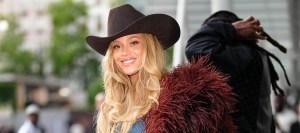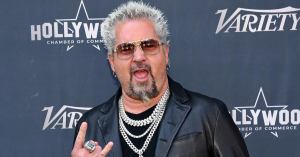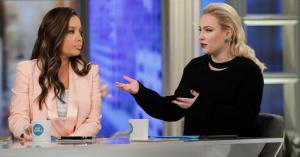Featuring a forthrightly simple yet mysterious title that belies an unsettling premise, John and the Hole marks the directorial debut of visual filmmaker Pascual Sisto for a psychological thriller that is captivatingly ambiguous. Though chosen as the official selection of the 2020 Cannes Film Festival but yet to be seen due to the pandemic, the film had its world premiere last January at the Sundance Film Festival and continues to be one of the most talked-about films on the events circuit. A darkly intense parable blending themes of isolation and adolescence, John and the Hole is an intriguingly suspenseful and structured exploration of psychological discomfort through the eyes of a young boy.
In the coming-of-age thriller, 13-year-old John (Charlie Shotwell) discovers an unfinished bunker deep in the ground while exploring his family home’s neighboring woods in the forests of Massachusetts. Without any hesitation, the teenager proceeds to drug his wealthy parents — played by Michael C. Hall and Jennifer Ehle — and older sister (Taissa Farmiga), holding them captive within the dark, dungy bunker. With the three confused and distraught by John’s actions, they anxiously await their freedom but John seems to have other plans, which include him exploring his newfound independence. In an exclusive with PopCulture.com, the director Sisto, who is also one of Variety‘s 10 directors to watch, revealed the movie goes “way back” to his collaboration with his friend and the film’s writer, Nicolás Giacobone.
Videos by PopCulture.com
“We’ve sort of discussed many ideas in the past and somehow this one landed at the right place at the right time type of thing. But it was based on a short story that he wrote and we both responded to it thinking that it was quite cinematic and that it was sort of fit automatically, you were turning pages automatically,” Sisto told PopCulture. “It had this kind of allure to it that made us both decide that it would be the film to start with.”
As the film hits on complex fusions of reality and fantasy showcased through one’s inner experience, Sisto admits there is something unique about blending reality and fiction, especially in his own artwork. “I think it was automatically, we knew that we were going to always do something that would merge into another genre and somehow become a fiction, so, we always had this in ourselves,” he said. “I think it comes a little bit more from literature possibly and like Julio Cortazar and Borges, these Argentinian writers that we started discussing when we first met. All those writers always use this sort of side plots and B stories and they kind of weave them in and out of the narrative.”
With John and the Hole concealing a lot from the viewers, Sisto says the biggest message he wants audiences to take away from the film is the open interpretation of its overarching message, which is whatever you make of it. “There’s a lot of information that gets concealed from the viewer and there’s a lot of more standardized options that normally you give more things away in a story,” he said. “We purposely intentionally removed a lot of that. I think for me, it’s the idea of what you pick from it and what you can get from it. If you’re an audience member that is expecting a blood bath at the end, you’re probably not going to get that.”
In celebration of the home entertainment release for John and the Hole now on DVD and Blu-ray, Sisto took some time to chat about the film’s themes of isolation, adolescence, ambiguity and whether John is truly evil or just a victim of affluenza.
The side story — what did you want viewers to understand from that? Because I know when I was watching it, I kind of felt John’s side was the fable and it wasn’t actuality versus this little girl with her mother. There’s a big juxtaposition between both of them, that he gets away with things in life, she has to work for it. I’m wondering, where was your mind with that? What were you thinking when we were looking at that whole tableau?
Well, actually exactly that. In some ways, what you just said, the beauty of it is that it implies many things, but that’s one of the stronger ones, I think. That it’s like, what is the reality? And what is the fiction? We’ve always been told through, let’s say, Hollywood or fantasy, or we’ve always been told all these stories and we live different realities from them. And at one point they get to a point that they overlap and it’s kind of hard to distinguish. Maybe your reality is harder than the fictions you see on screen. And that was for us interesting too, like, not leave it. We still leave it open in a way that we don’t know. In some ways, it’s Lily’s story that has been told to her. In some ways, the story of John is more real than hers. But what I like is that one child portrays their reality through another story. That was the main thing that she sort of escapes her world through John’s story, because her world is in many ways, much more dramatic than the story in some ways. Well, depends on how you see it, of course. Putting your family in the hole is pretty dramatic too [laughs].
Yeah, it’s very dramatic [laughs]. There is a major ambiguity to the film, which I really love. But the thing is, we don’t know if John is a sociopath with malicious intent, or he’s just a victim of affluenza in the vein of ‘boys will be boys.’ While directing this film, did you ever think about what’s wrong with John? Or did you ever come up with a thought that he was evil or bad?
We never discussed that he was evil. I honestly don’t think there is pure evil either. I think that is a fiction that has been portrayed to us. I’m sure many of the most evil people that have existed in our history had moments of joy and tenderness. I’d like to believe that if not, it’s almost very easy to put them in one category and put us all in the others. So, we wanted to play with this ambiguity, because I think everybody’s good and evil. Everybody has moments where they fail and they do something they’re not aware of. The intent was never evil, that was clear. The fact that he might eventually be a sociopath that was more open, that we don’t know how sociopath he develops. In some ways, it might develop from this affluent lifestyle that nothing you do is wrong, and everything’s made for you. Maybe that creates that type of behavior. But for us, it was important that just because of his age and everything, he wasn’t really intentionally doing evil, he actually had a curiosity that he was trying to fulfill.
I feel like a lot of it was also based on his own loneliness, his actions were derived from — the themes of loneliness and him growing up sort of not feeling understood. That was obviously very poignant for the story, that really carried a lot.
Yeah, I think at that age, the verge of the teenage years, and like 13, preteen teenage time, it is a time when you think you’re more adult than your parents do in some ways, and you want to know more answers and they still giving you the like, ‘No, that’s…’ They’re still giving you the side door. So, in some ways, I think he’s conflicting with that, that he wants to know more things and they’re not [forthcoming]. So, he decides to sort of take over and take more agency in his life and decide for himself.
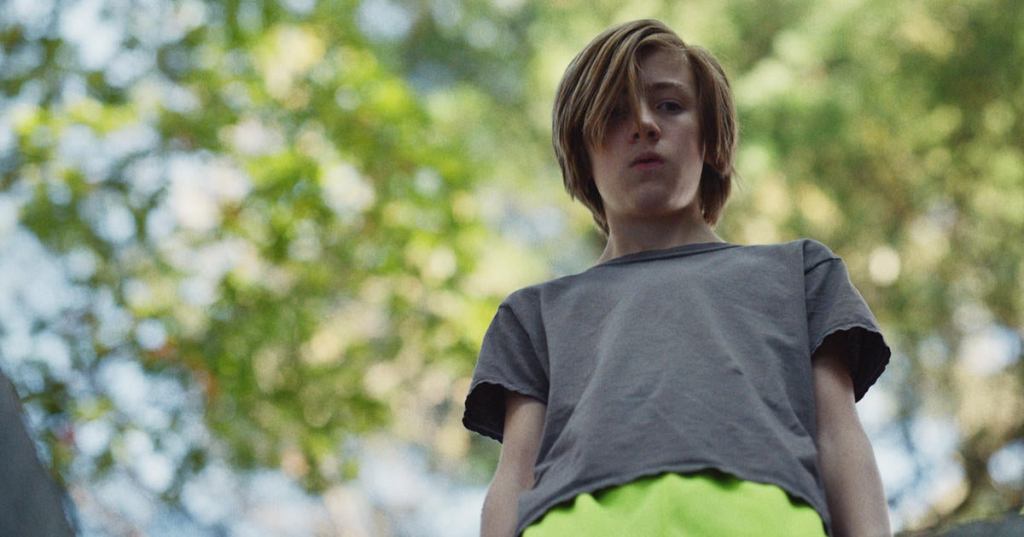
Yeah and the young boy who plays John, Charlie Shotwell, gave a brilliant performance in this. What was it about Charlie that you saw John in him?
Well, he had a very like, an innocence when we first saw the original audition tapes, he was at that age. So, of course, a kid that age is going to have some innocence, some ingenuity, but also some coldness to the way he would express himself that he could really, like, when we would tell him think of anything, he would really put this blank stare that it was really powerful. We saw many kids for the role and a lot of them took the character in many different ways and I’m sure a lot of them would’ve been great as well, but somehow he was truly curious. He had this curiosity, even when he would move his eyebrows; the way his face would shape was quite genuine and curious. I think that is sort of like what made us decide on him.
Is there a difference in directing children versus adults?
No, I mean —the only thing is like context and how you explain things. At one point, I remember telling [Charlie] that [John] was kind of having this sort of existential crisis. And then I’m like, what am I saying? I can’t explain to a 13-year-old what an existential crisis would even mean. So, it’s how you word things, but in the end, you give them the same things, it’s like motivations per scene. I kept them more at the moment. We weren’t discussing larger, what happened before or after, it was very in the moment. In a way, my style as well as the other actors. We were like, I don’t discuss the background, what led to this so much because it was like, I want them to react to what’s happening now.
The thing is, I feel like John never really sees or acknowledges the consequences of his action because his family also in the end, without spoiling it, responds uniquely. So, what do you think the family has actually learned from John through this whole experience if anything?
Well, that’s the very important thing, because I know the film is been quite divisive as far as the ending for a lot of people that it’s — and for me, there’s something that it’s quite horrific. I think a lot of people expected a much more horrific ending in a way. [But] for me, there’s something of a quiet horror of returning back to this quietness and this silence, that is what led to this whole thing in the first place. For me, the movie, in some ways, it’s about silence and not saying things when you should, not saying things at the time, and keeping things internally and internalizing. When you internalize so much, it just blows up in one way or another. Every time I watch the film without giving any spoilers, [but] like that Zoom shot towards the end of the film, it’s like, I go into each of the characters and I think how they are and how they behave. I like to think that they have changed because there’s a part that some intimacy that is gained in the hole for the family, they experienced things that I had never experienced before. They have been put in a dire situation.
I think when people are put in these situations, they bond in a better way. It’s when people go to war, there are all these things that like create something in you that changes you. Of course, that’s not to create any parallels before, it’s a much more horrific act. But there was something that happened with them in the family that they kind of bonded in a way. So, I don’t know what their relationship with John, in particular, could be, but with themselves, they have obviously learned something, but the fact of how they’re going to deal with it, that’s a different question. And they probably go back to their ways and cover the hole, which is what we were always discussing in the film. You cover the hole with the digger, and then you forget about it. It’s almost like, it’s past.
Exactly. I feel like that’s very parallel to what a lot of people do anyway with their own problems, especially family problems, people just kind of bury it.
Yeah, but it’s not exactly. So that’s, for me, the true horror of the story is if you are forgetting about it and not discussing it, and be like, ‘Look, what can we do about this? What happened? Let’s try to change it.’ But the most comforting thing to do is, yeah, put some dirt over it and move on.
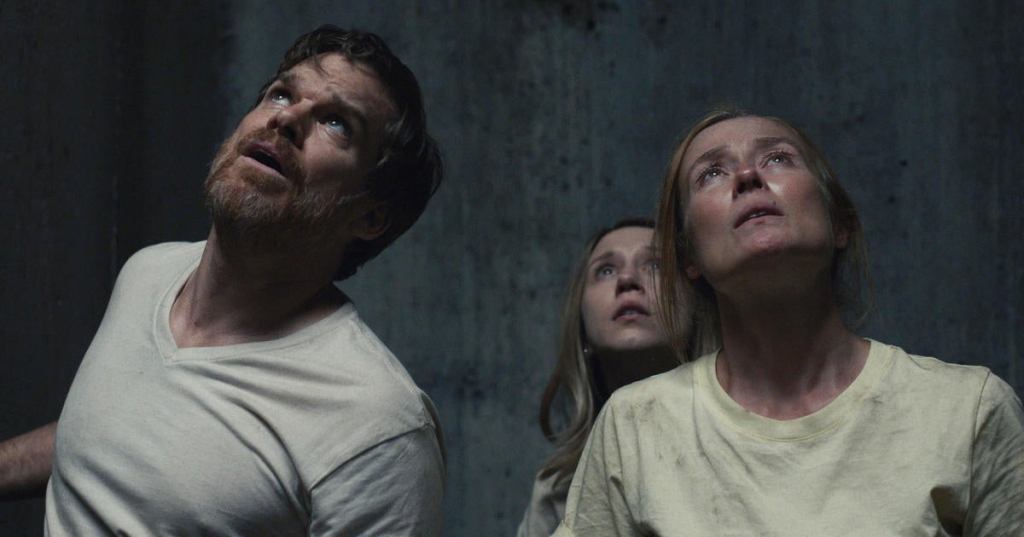
Speaking of the family, what was it like working with Michael, Jennifer and Taissa? Because you had them on a soundstage, they were covered in dirt for a lot of the movie, which I know was also sort of fun because Taissa said it was brownie batter, I think? What was it like working with all three of them?
They were great. I mean, they were really made my job really easy. That’s another thing being the first film and working with this caliber of actors was incredible. So, I realized how different it is when you work with really trained people. They came in and they made everything really easy. I mean, we didn’t have much time to develop it because it’s still an independent film and there are a lot of schedules to match. But they were fun. We actually joked a lot about the process because they were in the hole, it was like nine days of production, I believe around nine days. And every day they’re dirtier and degrading. So, it was something that, of course, when we yell, ‘Cut,’ it’s a whole different world in there. But I don’t know, for me, I remember really fondly and they made it really easy. They’re all really great.
Michael C. Hall is actually one of my favorite actors and I’m wondering, what was that experience like working with him knowing how immersed he gets in the role? I know there was one part where he said, the scene where he looks up at the drone and says, ‘Leave us alone,’ was completely ad-libbed. Knowing how invested he was in this role — and it’s such a powerful role too — because he gets to be the father who is trying to understand this situation.
In a way, many people talk about his previous roles and everything and I think it’s interesting that it’s this idea of the patriarchy and you’re taking all his power away. So, it was interesting for us to see it in that way that it’s like — there’s this other film that I really like called Force Majeure, which is also about this, like the idea of the father. When the father gets stripped from his power, then he’s powerless and you question your whole identity of what are you good for, in many ways. It was interesting to work with [Michael C. Hall] in this and that’s what we discussed from the beginning, that he was just going to be more frustrated until the point that he surrendered. There’s sort of like decay that he goes through.
In the beginning, he’s really fighting and he’s still trying to be the dad. He’s almost screaming at the kid up there and then he realized, ‘What am I doing? I’m down here, he’s up there now.’ So, it’s this almost like change of power structures that happens with his character in particular, because I think like Jennifer accepts what happens to them more and she’s more accepting of the situation and trying to see what to do. But the father is the one that resists it the most, so, he really got into it. That scene actually was amazing when he’s screaming at the drone. That came from inside of him. It was a really incredible moment that we kept in the edit because I thought it said so much.
Before I let you go — I’m enjoying our chat so much, Pascual. I’m wondering, what do you hope viewers will take away from this film?
I think it’s how you can pick it apart and what you make out of it. Just hearing your own description of this idea of the silence and how the family goes back to their ways and bury the thing in the past and move on. It’s already part of what I was intending with this. So, I’m excited to hear multiple interpretations of it and each one says more about the viewer than about anything else. So, that’s my intention and I’m glad it’s happening in one way or another.
John and the Hole is now available on DVD and Blu-ray, and available to stream. This interview for PopCulture.com has been edited and condensed for length and clarity.




